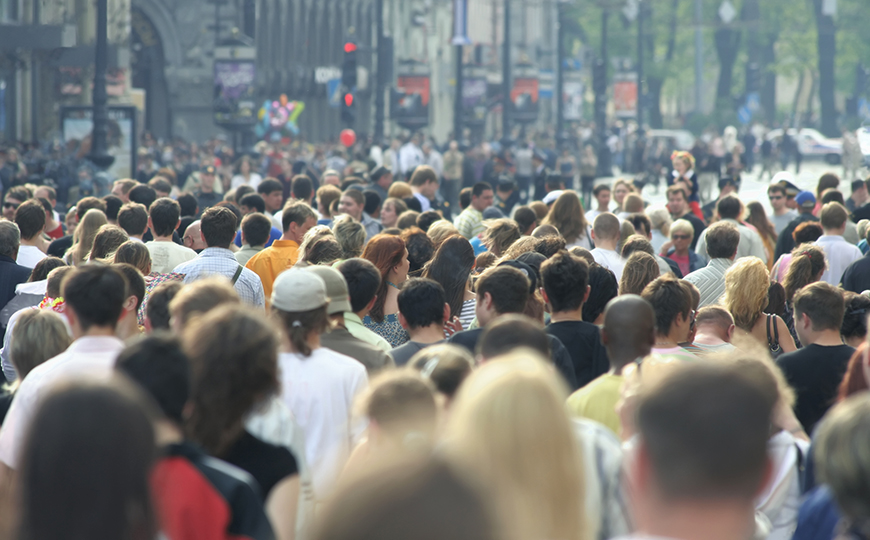According to a story on NPR’s All Things Considered,
[S]lowing population growth could eliminate one-fifth to one-quarter of all the carbon emissions that need to be cut by midcentury to avoid that potentially catastrophic tipping point.
…
Oregon State University researchers have calculated the savings from all kinds of conservation measures: driving a hybrid, driving less, recycling, using energy-efficient appliances, windows and light bulbs. For an American, the total metric tons of carbon dioxide saved by all of those measures over an entire lifetime of 80 years: 488. By contrast, the metric tons saved when a person chooses to have one fewer child: 9,441.
Smaller families also result in parents who have more time and energy to invest in the children they already have. And everyone will benefit from the less crowded communities smaller families will create, communities where each one of our voices has more of a chance to be heard.
But it’s not enough for thoughtful and caring people to make this choice. The worst possible outcome would be for parents who care about the future to have smaller families, while those who don’t care do the opposite. Parents who lack empathy for future generations will instill in their own kids that same disregard for the larger community, endangering all of us. That’s why it’s time to have a public conversation about family planning, family models, and what’s best for everyone. It’s right to do so because the decision affects every one of us—and every one of our kids.
Don’t be afraid to speak out in support of smaller families. You can start by telling your friends you’ve adopted the Having Kids model. The children who will grown and thrive in a clean future environment will thank you for breaking the silence.

